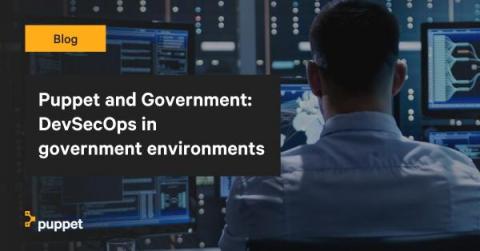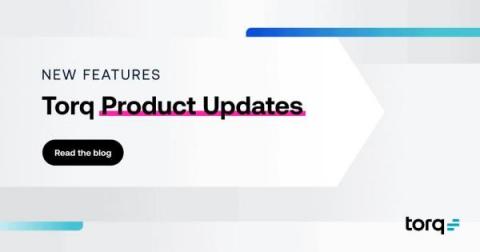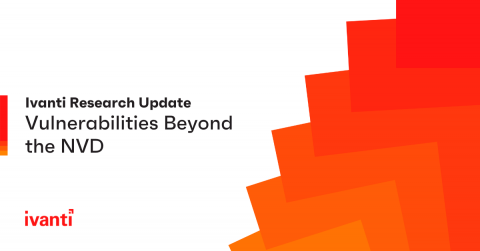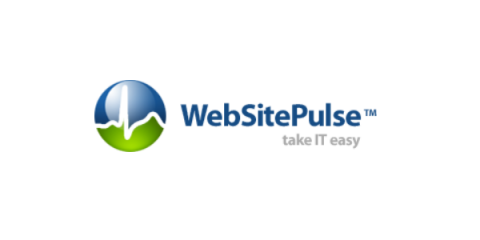Puppet and Government: DevSecOps in government environments
This blog is the second in a four-part series about how Puppet can help government agencies meet compliance and security requirements. Read the first post here. Zero Trust is a strategy created to combat system intrusions through a “never trust, always verify” model. DevSecOps is a collaborative software development strategy that integrates development, security, and operations practices into a continuously evolving lifecycle.











